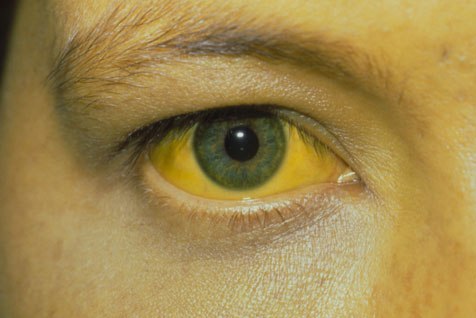David Rutherford - TMA member Fremantle
Yellow Fever remains as relevant to travellers today as it was back in the 1700's when it was first described. The history of the illness is fascinating.
It is thought to have originated in Africa and carried to the New World during the slave trade in the 1500's. My home country, Scotland, had a disastrous adventure in Panama (Darien Scheme) in 1690 when fever decimated the colonists. There was a documented outbreak in Philadelphia, America, in 1793 with 5000 documented deaths and it was later blamed for the abandonment by the French to build the Panama Canal in the late 1880's due to the death of more than 50000 workers from liver failure and yellow jaundice, thus leading to its name.
Once it was discovered to be transmitted by mosquitoes and control measures put in place, death rates dropped, and construction was finally completed over 100 years later in 1903. At its peak Yellow Fever was transmitted even in Southern Europe.
A Vaccine for YF was developed in 1951 and soon after The World Health Organisation (WHO) instilled controls for border crossings to stop spread of the disease.
These controls are still in place today and travellers to parts of South America and Central Africa, where it remains, are required to show a certificate of vaccination on entry and exit, both to protect themselves and others. By in large, these controls have been successful in preventing spread to other areas, especially Asia. Australia has very strict rules on Yellow Fever requirements, mainly because we have the same type of mosquito here.
Since the 1980's there have been more cases of Yellow Fever and in the last 5 years there have been two significant outbreaks, one in Angola and the other ongoing in Brazil. This has put pressure on vaccine availability following mass vaccination campaigns in the affected countries. It is thought that urbanisation, deforestation and climate change, with its effects on rainfall and mosquito numbers are the main reasons for the increase.
There was a cluster of cases in Chinese workers returning from Angola which thankfully settled quickly. There have also been deaths in unvaccinated travellers returning from Brazil to Europe in the last 6 months.
The vaccine has a very good safety record over decades, however there are some travellers who should not be given the vaccine because of other health issues or medications. There are also known rare but significant side effects mainly in older travellers which means that the decision to vaccinate can sometimes be tricky. It should be used carefully by Doctors with formal training in Travel Medicine who are familiar with giving the vaccine.
Recent changes from WHO have recommended that the vaccine provides life-long protection ( for those with a normal immune system when vaccianted ) which is good news for travellers. It also highlights how important it is to keep the vaccine certificate safe. While one vaccine will be fine for most travellers who simply need a certificate for customs requirements, there remains in place a recommendation to have a booster after 10 years if travelling to an area with a current outbreak, such as Brazil currently.
